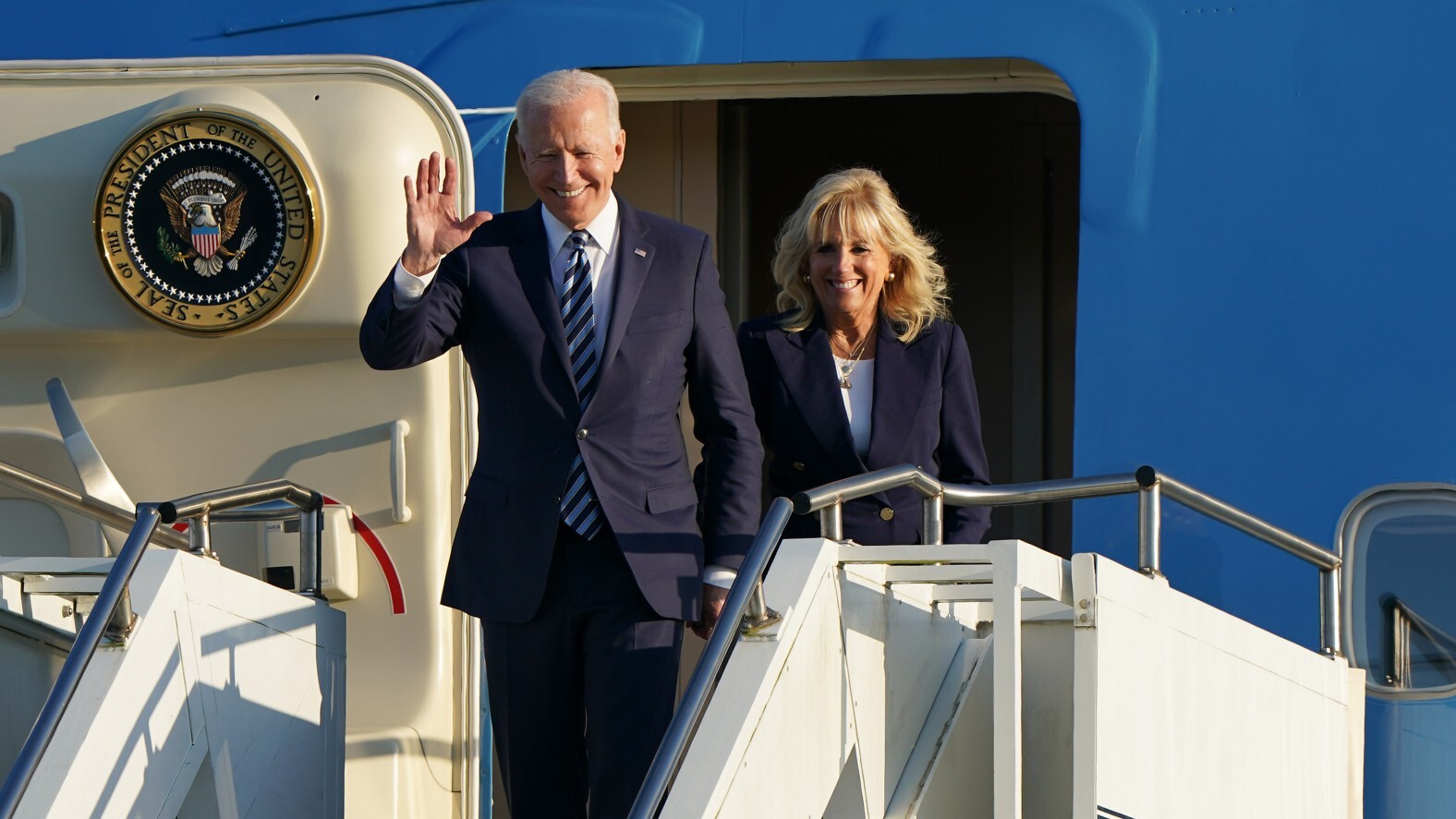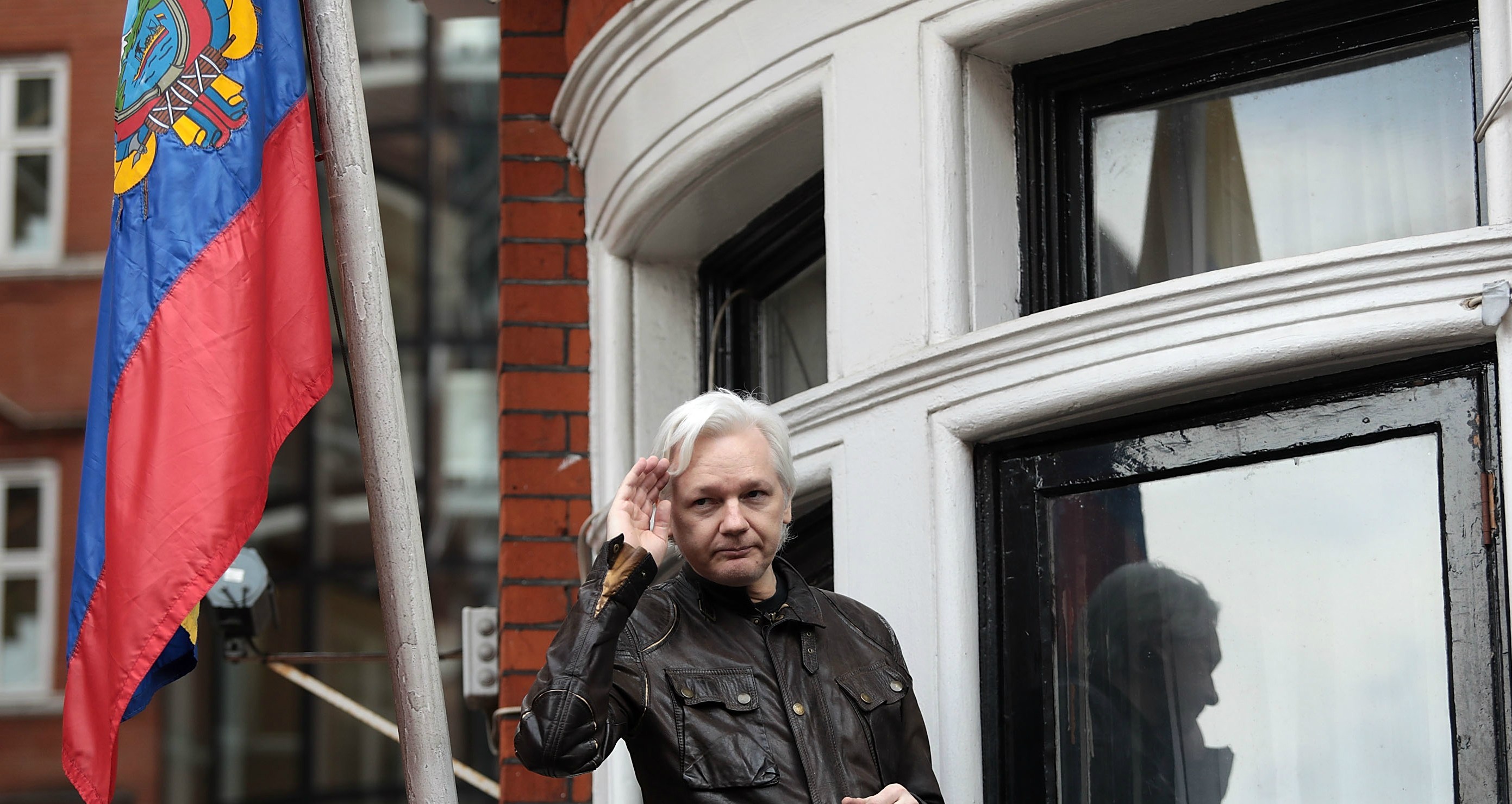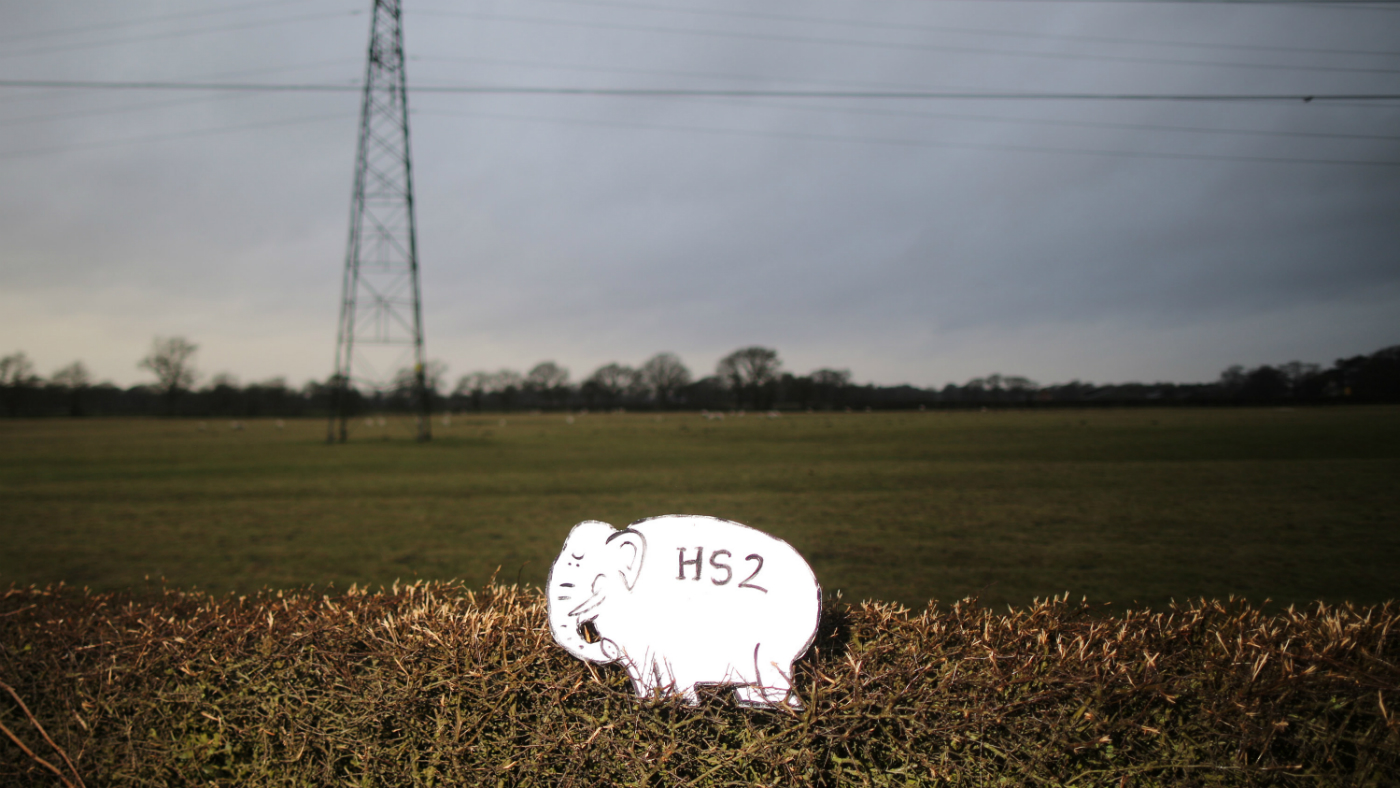Bradley Manning: 'overzealous' prosecution backfired on US
Opinion split on whether 25-year-old whistleblower's 35-year jail term is harsh or 'tame'

A free daily email with the biggest news stories of the day – and the best features from TheWeek.com
You are now subscribed
Your newsletter sign-up was successful
BRADLEY MANNING, the soldier jailed for 35 years for passing thousands of classified documents to WikiLeaks, will ask President Obama to pardon him, The Guardian says.
Manning was given a 35-year jail term yesterday by a military judge, but told he would be eligible for parole after serving one-third of the sentence. The 25-year-old, who will be given a dishonourable discharge from the army, will send a "personal plea" to the US president next week, the paper says.
Commentators said the sentence imposed on Manning was harsh, despite the fact it was considerably lower than the 60-year term sought by prosecutors. The soldier's legal team said that taking into account the time he has already served, he will be eligible for parole in around seven years. That means he could be released under parole as soon as 2021.
The Week
Escape your echo chamber. Get the facts behind the news, plus analysis from multiple perspectives.

Sign up for The Week's Free Newsletters
From our morning news briefing to a weekly Good News Newsletter, get the best of The Week delivered directly to your inbox.
From our morning news briefing to a weekly Good News Newsletter, get the best of The Week delivered directly to your inbox.
The news of Bradley Manning's sentencing is devastating. If our own can't speak up about injustice who will? How will we ever move forward? — Lady Gaga (@ladygaga) August 21, 2013
But not everyone thinks Manning will get bail. Gary Myers, a lawyer who has represented several high-profile military defendants, told the Washington Times that the young soldier was unlikely to be granted bail "because of the very serious nature of the offence."
"This man is going to leave prison in his 40s with his youth spent in jail, and I think that is appropriate," Myers said.Ben Wizner, director of the American Civil Liberties Union's Speech, Privacy and Technology Project, told the Washington Post the sentence was a "sad day" for both Manning and Americans who "depend on brave whistleblowers and a free press for a fully informed public debate".
"When a soldier who shared information with the press and public is punished far more harshly than others who tortured prisoners and killed civilians, something is seriously wrong with our justice system," said Wizner referring to the jail terms given to military personnel convicted of torturing prisoners at Iraq's Abu Ghraib prison.
The Washington Post says the hefty sentence imposed on Manning "is likely to hearten national security officials" rattled by subsequent leaks by Edward Snowden. It believes the jail term may encourage the US to bring charges against WikiLeaks founder Julian Assange, "the man who was instrumental in the publication of the documents".
A free daily email with the biggest news stories of the day – and the best features from TheWeek.com
But writing in Time magazine, Denver Nicks takes a different view. He suggests the sentence imposed on Manning by judge Denise Lind is proof the military's "overzealous" prosecution of the whistleblower backfired.
Nicks points out that the judge has imposed a jail term that is only ten years more than Manning offered to serve in a plea deal as the trial began. "When compared with the hysteria that characterised the official response to Manning's leaks three years ago, a sentence of 35 years with a chance at parole and perhaps credit for time served begins to look rather tame," writes Nicks.
It could be argued that the military went in hard against Manning, he says, because it wanted to deter other service personnel from leaking secrets. If that was its aim, it has failed. Edward Snowden, whose NSA leaks have spurred a fierce national debate about the ballooning surveillance state, has called Manning a "classic whistleblower" and apparently studied Manning's mistakes so as not to repeat them, writes Nicks.
-
 The environmental cost of GLP-1s
The environmental cost of GLP-1sThe explainer Producing the drugs is a dirty process
-
 Greenland’s capital becomes ground zero for the country’s diplomatic straits
Greenland’s capital becomes ground zero for the country’s diplomatic straitsIN THE SPOTLIGHT A flurry of new consular activity in Nuuk shows how important Greenland has become to Europeans’ anxiety about American imperialism
-
 ‘This is something that happens all too often’
‘This is something that happens all too often’Instant Opinion Opinion, comment and editorials of the day
-
 ‘No-fault divorce is an indescribable relief’
‘No-fault divorce is an indescribable relief’Instant Opinion Your digest of analysis from the British and international press
-
 Dr Jill Biden: meet the ‘Philly girl’ first lady
Dr Jill Biden: meet the ‘Philly girl’ first ladyIn the Spotlight The US president’s other half is also a community college teacher, cancer research campaigner and grandmother
-
 Julian Assange: everything you need to know about his hacking court battle
Julian Assange: everything you need to know about his hacking court battleIn Depth WikiLeaks founder could face up to 175 years in prison if extradited to the US
-
 Instant Opinion: launching HS2 now ‘is a disgrace’
Instant Opinion: launching HS2 now ‘is a disgrace’In Depth Your guide to the best columns and commentary on Friday 17 April
-
 Instant Opinion: Labour rivals have ‘reason to fear’ Starmer
Instant Opinion: Labour rivals have ‘reason to fear’ StarmerIn Depth Your guide to the best columns and commentary on Wednesday 18 December
-
 Instant Opinion: ‘David Cameron is not the only one to blame for Brexit mess’
Instant Opinion: ‘David Cameron is not the only one to blame for Brexit mess’In Depth Your guide to the best columns and commentary on Thursday 19 September
-
 Instant Opinion: ‘Trump’s racism is crude, but may be dangerously effective’
Instant Opinion: ‘Trump’s racism is crude, but may be dangerously effective’In Depth Your guide to the best columns and commentary on Wednesday 17 July
-
 Julian Assange launches legal challenge against the US
Julian Assange launches legal challenge against the USSpeed Read WikiLeaks founder fears he will be deported if he is forced out of Ecuadorian embassy in London